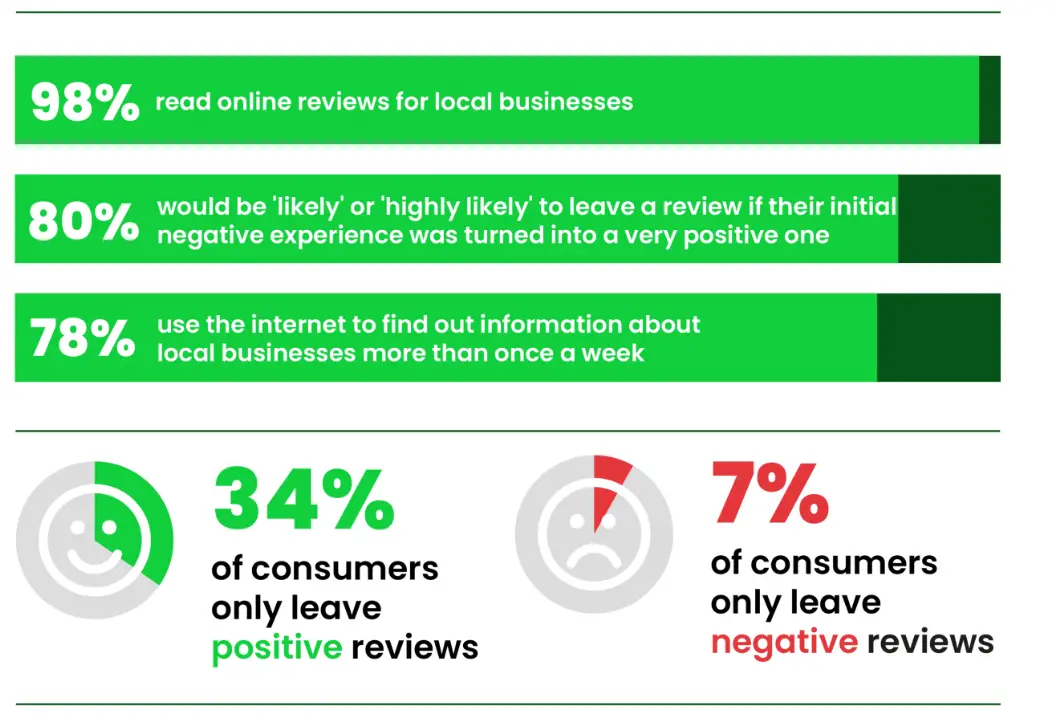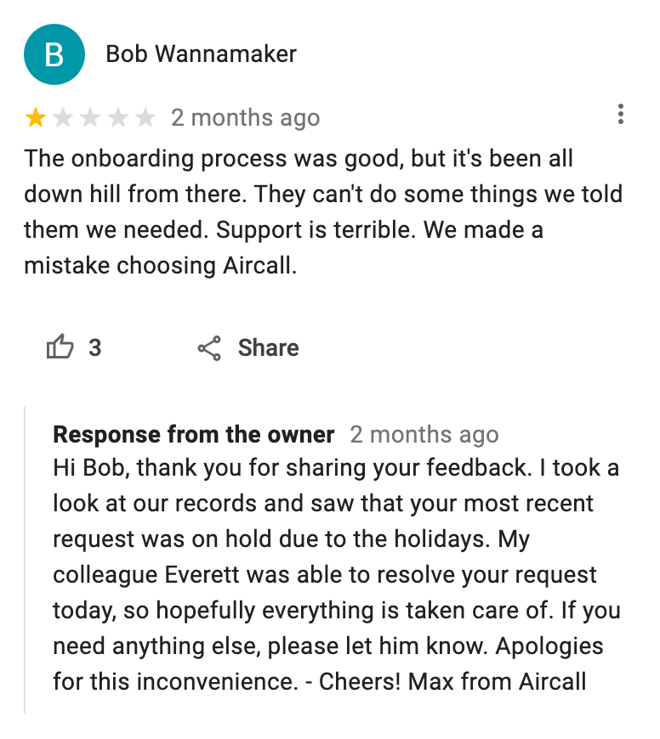Part
01
of three
Part
01
Managing Reputation on Company Review Sites (Glassdoor)
Key Takeaways
- A Glassdoor survey shows that 65% of job seekers say their perception of a company improves positively after seeing the employer's responses to negative reviews.
- Positive reviews increase the pool of job seekers considering your organization as a workplace and help attract better candidates.
- Responding to reviews instead of ignoring them tells the prospects that the company values employees and they continuously use received feedback to find ways to improve its work environment and culture generally.
- Responding and appreciating a reviewer for taking out time to leave a review, even if it is negative, tells the reviewer that the company is sympathetic to all feedback including unfavorable ones. This further helps establish that the company is a good place to work.
Introduction
- In this project, we have provided the best practices for managing a company’s reputation on Glassdoor. Details provided include, but are not limited to the following: how to respond to positive feedback; how to respond to negative/1-star feedback; what strategies experts recommend when responding to reviews; do’s and don’ts when responding to reviews, etc. We prioritized those that are backed up with quantitative data and/or are recommended by experts/specialists.
Don’t Ignore It, Respond
- Glassdoor members claim to have been influenced by online reviews of companies. As a result, responding to reviews cannot be overemphasized.
- When a company ignores and fails to respond to a negative review, for example, they miss an opportunity to address, neutralize it, and also leverage it as an avenue to positively showcase the brand to stakeholders who will read the review in the future.
- Respond on time and apologize in a professional tone. Leave out emotions, address the raised issues and provide feedback on plans you have for improvement. Doing this shows the company's humble position and further iterates that the company is not perfect but it strives for continuous improvement based on received feedback.
- Respond to the negative reviews in the right way. This tells the prospects that the company values employees and it continuously uses received feedback to find ways to improve the work environment and culture generally.
- A survey by Glassdoor, a company reviews platform, showed that 7 out of 10 people said their opinions about a brand changed after reading the company's response to a negative review.
- Responses to reviews have a great impact on job seekers' perception of companies. Genuine feedback is often the kind of social proof they look out for when scouting for a new workplace. A Glassdoor survey shows that 65% of job seekers say their perception of a company improves positively after seeing the employer's responses to negative reviews.
- Positive reviews increase the pool of job seekers considering your organization as a workplace and help attract better candidates.
- A negative or 1-star Glassdoor feedback on a company can rob the company's reputation. This also affects the company's business operations, growth, and profitability as most consumers will rather not do business with companies that have low Glassdoor ratings.
- Negative Glassdoor company reviews lead to higher recruitment costs, reduce the number of job seekers interested in choosing the company as a potential workplace, and the company subsequently ends up with under-qualified candidates.
Description
How It Should Be Done
Impact on the Company
Say "Thank You"
- It is best practice to always start a review response by appreciating the reviewer for taking out time to leave a review. This singular act tells the reviewers that the company truly values their feedback and they feel more encouraged to drop more reviews.
- When responding to a review, It is a great start to thank the reviewer for taking the time to share their thoughts.
- This tells that a company is sympathetic to unfavorable reviews and further helps establish that the company is a good place to work. Even when the reviews do not give much to work with, ensure to still thank the reviewer for sharing the feedback. The company can also further reach out to them for an offline session to get their thoughts.
- Thanking the reviewer tells the reviewer that the company is sympathetic to all feedback including unfavorable ones. This further helps establish that the company is a good place to work.
- Appreciating reviewers can help encourage employees to provide more reviews. This helps the company identify issues and improve accordingly.
Description
How It Should Be Done
Impact on the Company
Research Strategy
To identify the best practices provided in this research, we leveraged recruitment/job seeker platforms, company review websites, and industry expert opinions. The research team focused on the most reputable sources of information available in the public domain, including Glassdoor, Review Trackers, and Semify. We ensured that all the best practices provided in our report were the most commonly mentioned across the sources we reviewed.





